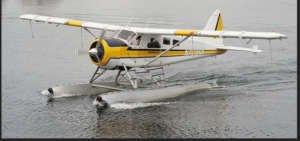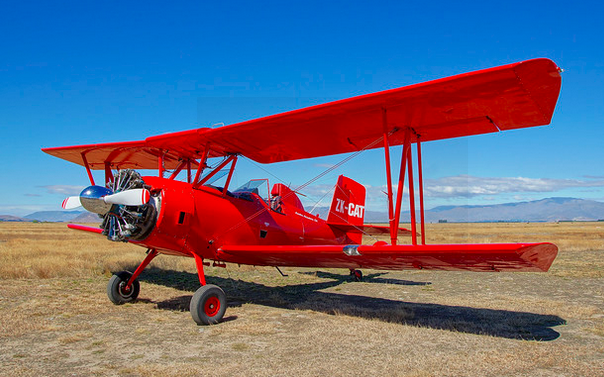Buying an airplane can be a total nightmare. It is a daunting task. The process can be simple and less intimidating if you have the plans, and you follow them. Purchasing an airplane is not an easy task. You can stay years thinking about the best aircraft that you will probably love to have. You have to be well prepared and have the right knowledge on the plane of your choice. It will make your buying process to be an enjoyable and rewarding experience.
Before buying an airplane, it is virtuous for you to survey on some websites that will give you the right tips for buying an aircraft which will enlighten you on choose the best airplane you would prefer. No one would love to spend on something that will not be worth it. You should consult and research widely about the airplane of your choice to determine whether it suits your needs or not. Knowing this will help you to make an ethical choice, and you will also avoid regrets. Whether you are purchasing a brand new or a used airplane, it will be prudent for you to do some research. Some of the elements you should consider before buying an aircraft are.
Contemplate Your Budget
It is always good to have a budget on the range to avoid spending much. Airplane prices range significantly, so having a price range on your mind will help guide your shortlisting processes. This idea will also help you from being exploited if you are using brokers. Some tend to assume that you have no idea of the prices and hence take advantage to fool you.
avoid spending much. Airplane prices range significantly, so having a price range on your mind will help guide your shortlisting processes. This idea will also help you from being exploited if you are using brokers. Some tend to assume that you have no idea of the prices and hence take advantage to fool you.
Size and Engine
Considering the size and the engine is the most top selection criteria for buying your airplane. This is where you get to choose the size of your aircraft. The size refers to the interior space, the number of seats it accommodates and the size of the engine. It will reflect on the capacity and range of your plane. It will even depend on the purpose and use of your aircraft.
Operating and Maintenance Cost
The cost of maintenance and operation processes should be put into consideration. These will include fuel, insurance, management, financing repairs, part replacements, and storage. You should attempt to do all your due diligence and account for all additional costs beyond the purchase. Do not forget to conduct a thorough estimate of all the maintenance and operating costs.
into consideration. These will include fuel, insurance, management, financing repairs, part replacements, and storage. You should attempt to do all your due diligence and account for all additional costs beyond the purchase. Do not forget to conduct a thorough estimate of all the maintenance and operating costs.


Leave a Reply